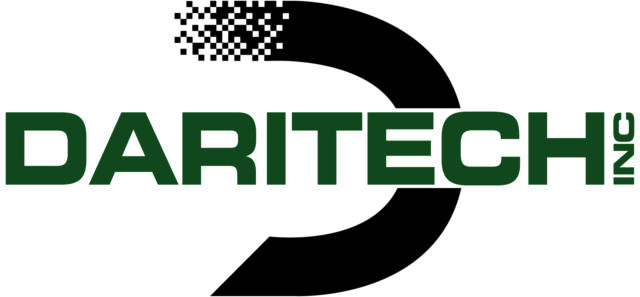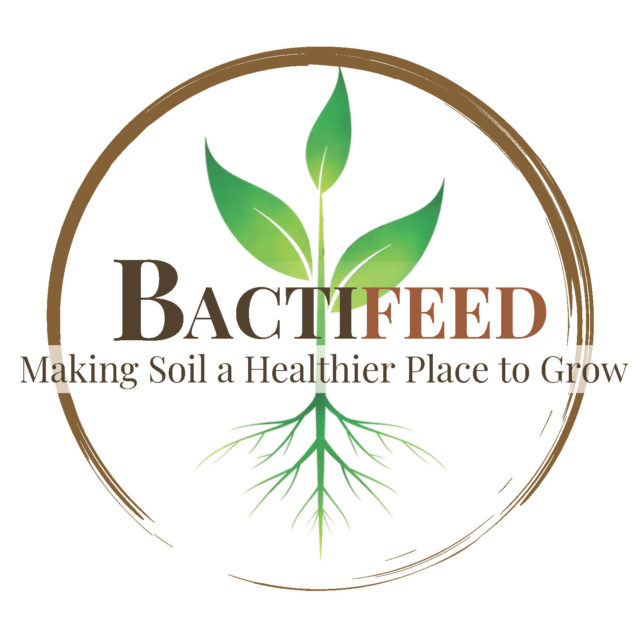As CEO of the first certified organic dairy and creamery in the western U.S., Albert Straus is always looking for ways to be more sustainable and utilize all of the resources around him.
He liked the idea of producing energy and keeping greenhouse gases out of the atmosphere. “I was going to have the second digester in the county in 1980,” Straus says.
That didn’t work out, but it remained on his mind. Then, in 1999, the opportunity arose to obtain matching funds for a digester. He installed a floating cover in 2000 and began flaring the methane generated.
The energy crisis in 2001 released additional funds for a generator. Straus installed an engine and began producing electricity. He holds a power purchase agreement with an electrical company that offsets almost all of the farm’s electrical use. In addition, the heat generated offsets most of the propane costs associated with producing hot water.
Electricity from the digester, as well as solar panels, powers the electric vehicles he drives. In addition, Straus is trying to design an electric truck for feeding cows.
“We’re looking to the future and finding ways to improve the environment and build the soils,” he says.
Click here to view a diagram of the Straus Dairy digester at full size in a new window.
One way he achieves this is using the compost from the farm’s manure-handling process. This adds nutrients back to the soils and helps sequester the carbons.
Since his cows are on pasture, he doesn’t collect as much manure to run through the digester. Manure comes from the milking feedlot throughout the year and from the barn where the cows stay throughout the winter.
During that season, Straus is able to generate more methane from the increased amount of manure. Year-round, the digester is supplemented with wastewater from the creamery.
Straus’s main goal along the way was to build a simple, reliable system that didn’t take a lot of labor or money to maintain. “That was essential to me,” he says. “I wanted to keep it very low-key.”
In addition, he wanted to be sure the project would be economically viable.
He aimed for a return on investment in four to five years. The system was $350,000, but he received $140,000 in grant funds and is offsetting $40,000 to $50,000 each year in energy costs.
Straus says there needs to be more financial resources available to help producers build more digesters. “Farmers need to achieve a return on investment in a reasonable time,” he notes. PD
PHOTO: Photo courtesy of Straus Dairy.

-
Karen Lee
- Editor
- Progressive Dairyman
- Email Karen Lee






